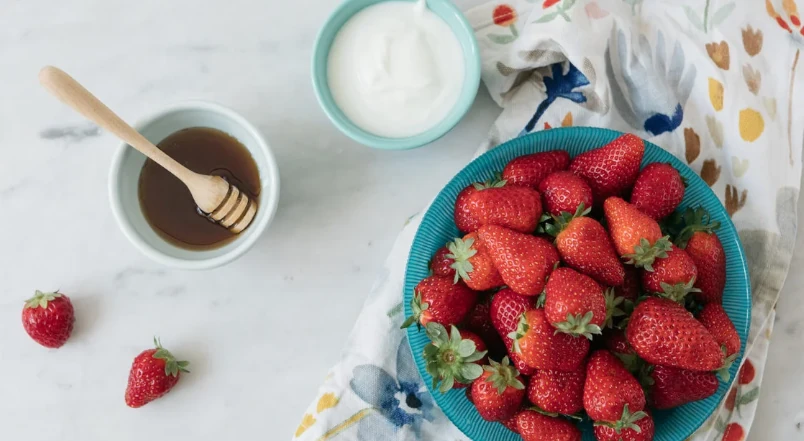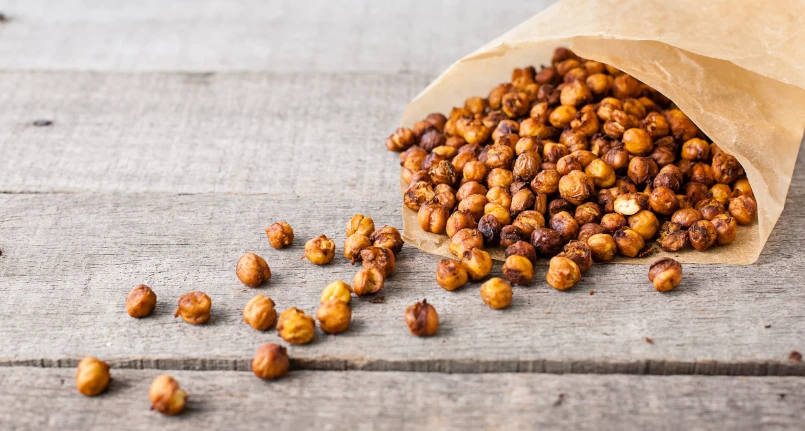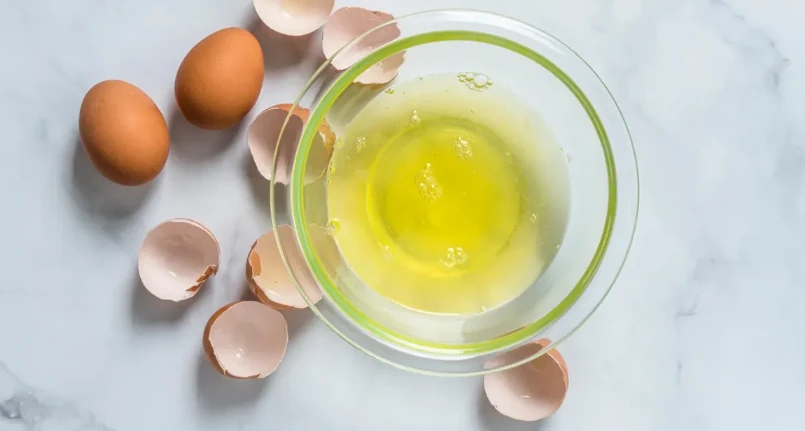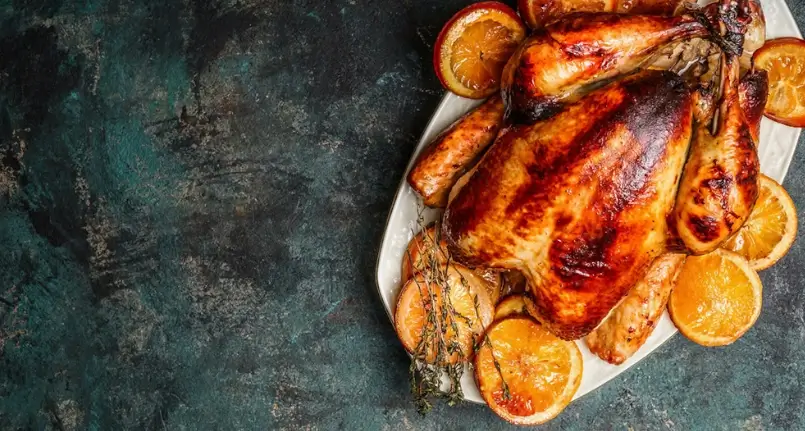What is gastritis
Gastritis is a generic term describing a stomach discomfort or disturbance , usually characterized by pain or burning, which occurs or disappears according to the state of gastric filling. In particular, it is a group of diseases that includes different etiological forms, unified by the need to undertake a specific nutritional therapy; in short, the diet therapy for gastritis consists in the choice of the right foods and the related consumption portions.
Types of Gastritis
Elements of classification of gastritis
Gastritis is classified in two ways: the first is called the Sydney-Huston system and is based on the histological and endoscopic entity, on the etiological mechanisms and on the type of lesion. The discriminatory variables in the Sydney-Huston classification of gastritis are:
- Presence of Helicobacter Pylori
- Extent of immune cell ( white blood cell ) infiltration
- Importance of glandular atrophy and presence of intestinal metaplasia
Severity scale of variables in gastritis
- Chronic gastritis from Helicobacter Pylori
- NSAID (non-steroidal anti-inflammatory drug) chronic gastropathy
- Autoimmune chronic atrophic gastritis
- Chronic infectious gastritis
- Acute gastritis
The most serious complications of gastritis are related to possible bleeding and impaired digestive capacity . Gastritis can induce one or more erosions of the gastric mucosa which, if not treated, risk evolving into real gastric ulcers ; the differentiation between one or the other condition is based on the depth of the lesion.
The haemorrhage of gastritis can be treated directly and/or indirectly with:
- Removal / cancellation of the etiological agent (for example, suspension of gastrolesive drugs )
- Food therapy
- Pharmacological therapy ( administration of anti-acids – administration of proton pump inhibitors – administration of antibiotics etc.)
- Endoscopic sclerotization (if easily accessible and if there are a maximum of three lesions)
Complications
Bleeding gastritis results in a constant loss of blood in the stomach; this complication, especially in fertile women who already suffer from monthly losses with menstruation , can determine a significant reduction of the hematocrit , inducing or aggravating the anemic condition.
At the gastric level, the mucous membranes secrete the so-called intrinsic factor , a molecule indispensable for the intestinal absorption (in the terminal ileum) of vitamin B12 ( cobalamin ). The possible atrophy of the mucous membranes induced by gastritis, or worse the evolution in intestinal metaplasia , determine the reduction of the ability to secrete intrinsic factor and to absorb cobalamin. The consequence is chronic vitamin B12 deficiency – in addition to being particularly serious for pregnant women, as it increases the risk of complications in the neural development of the fetus- could originate or significantly aggravate the anemic form defined as pernicious .
UNTREATED gastritis can evolve into ulcers ; this can be defined as such if the erosion, in addition to compromising the mucosa (gastritis), also reaches the basement membrane and/or goes beyond it, until it becomes a perforating ulcer . The perforating ulcer can be very serious and sometimes be fatal; however, the correlation between gastritis and the onset of perforating ulcers is rather modest.
Food and Gastritis
Among the foods that determine the trigger of gastritis or worsen its course we mention:
- Alcoholic drinks (see in-depth analysis: alcohol and gastritis )
- Caffeine and other sympathetic-mimetic amines (such as theine in tea , see further information: Coffee and gastritis )
- Nicotine (ingested with saliva )
- Carbonated acidic drinks
- Excessively salty foods
It should be specified that foods potentially responsible for gastritis are among those to be abolished in nutritional therapy for the treatment of the disease itself; however, many foods to be avoided during the cure (for example milk , stewed meat , raw meat , large portions of cheese , etc.), DO NOT have any pathogenetic effect in the healthy subject, in which, provided they are taken in portions and with adequate frequency, they do not cause any kind of gastritis.
Caffeine and other sympathetic -mimetic amines : in particularly sensitive subjects, even the mere consumption of one or two cups of coffeeper day (80-160mg of caffeine) can cause significant irritation of the gastric mucosa , especially if the drink is taken on an empty stomach . In fact, caffeine, just like theine, represents a stimulant of acid secretion ; these drinks, which in themselves constitute a potentially (albeit subjectively) harmful food for the stomach, must be COMPLETELY abolished both in case of hypersensitivity and in the treatment of gastritis.
The same goes for alcoholic beverages ; ethyl alcohol is a powerful acid stimulator which, if taken on an empty stomach, stimulates the secretion of hydrochloric acidirritating or eroding the mucous membrane; if taken on a full stomach, on the other hand, alcohol causes a slowdown in gastric digestion due to an excessive lowering of the pH of the chyme (a mush of food being digested between the stomach and the intestine ). Even the susceptibility to alcohol is absolutely subjective and in most cases a single unit of alcohol in correspondence with the main meals DOES NOT cause strong irritative symptoms of the gastric mucosa.
Not least the nicotine; this is ingested in very high quantities in tobacco chewers (which fortunately have almost disappeared today) and in the most avid smokers. To smokeit determines a continuous ingestion of nicotine, which, like alcohol and caffeine, causes a lowering of the gastric pH due to acid hypersecretion.
A group of foods which, contrary to what has been mentioned above, represents a DIRECTLY irritating element for the stomach, is that of acidic and carbonated drinks; the most striking example is that of cola-type drinks. These, in addition to containing caffeine, are also characterized by a sufficiently low pH to create instant irritation of the mucous membrane and, in the long term, to give rise to gastritis. As if that weren’t enough, these drinks provide an excessive supply of carbon dioxide, which greatly affects gastric hyper-distension, worsening the painful symptoms of gastritis .
Salty foods contain excessive amounts of sodium chloride (NaCl); this salt has a powerful osmotic effect on the mucous membranes of the stomach, dehydrating it; at the same time, table salt represents a further stimulator of gastric secretion; furthermore, considering that generally saltier foods (except for some baked goods such as crackers and bread sticks or similar) contain good quantities of proteins ( salted meats , sausages , seasoned cheeses , etc.) which in turn determine an increase in hydrochloric acid and from thepepsin , it is possible to state that (if taken frequently) salty foods can determine an additional onset factor for gastritis.
There are few foods that cause gastritis but they must be eaten frequently and in very limited portions; their etiological importance depends very much on individual susceptibility, however, even in a normal subject, the association of several potentially harmful eating habits could determine the pathological onset of this disorder.




